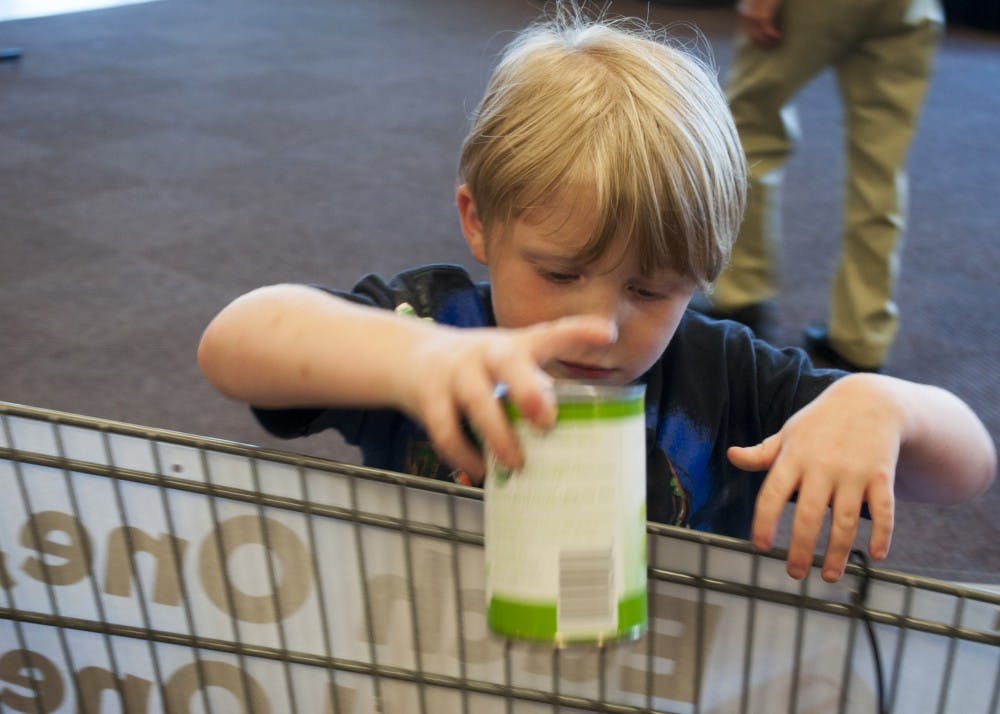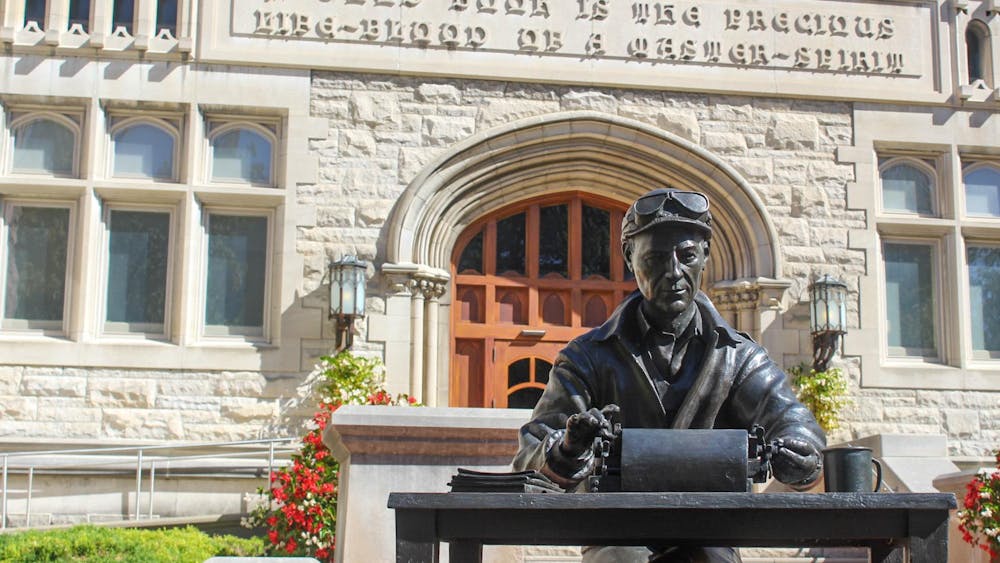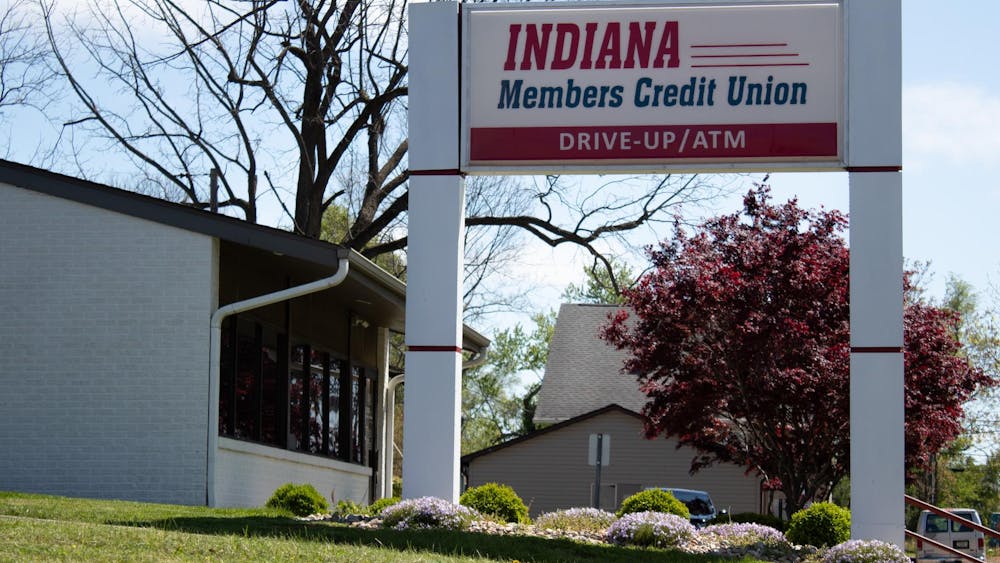The tedious, illustrious beast of government funding circles Bloomington once more, as deadlines for Community Development Block Grants approach, and organizations scramble to fight for the means to improve their circumstances.
CDBG is a program managed through funds from the United States Department of Housing and Urban Development, which are typically used to improve the lives of citizens, mainly those with relatively low incomes.
Bloomington qualifies as an entitlement community, a community eligible to receive HUD funding, because of its status as a metropolitan city with a population of more than 50,000 people. The specific amount of funding received is determined by an algorithm measuring poverty levels, population, overcrowding, age of housing and any concerning decline in population growth relative to other metropolitan cities.
The amount of money allocated to Bloomington in CDBG has steadily decreased since 2013. In 2017, Bloomington was granted $769,074 in CDBG. This was a decrease of $15,455 from the funds dispensed for this project in 2016.
Stipulations require all funding to benefit at least one of the program's national goals. These goals include helping low or moderate-income people, preventing or removing rundown areas of a community or addressing urgent local needs that would not otherwise be met.
The Consolidated Plan 2015-19 for the City of Bloomington said, “The City of Bloomington has long focused its' CDBG Public Service funding on serving the growing needs of seniors in the community.”
The plan also states that at least 80 percent of funding from 2015 to 2019 will be focused on households with low to moderate incomes.
The majority of the funding is set to help low-to-moderate income households repair their homes, primarily to eradicate the pre-1978 issue of lead paint in buildings. Another portion of the funds will go toward research done by the Fair Housing Services in Hennepin County.
Though HUD is responsible for doling out money to local and municipal governments, those smaller governments are then responsible for rejecting or accepting applications from businesses and nonprofit organizations in need of funding.
“The City is unable to fund most of the proposals due to decreasing annual CDBG funds from HUD and the need to fund existing high-impact activities (such as single-family rehabilitation and H.O.M.E. maintenance for the elderly),” the 2015-2019 Consolidated Plan said.
Five local organizations, however, will receive social services funding for 2017, and eight will receive physical improvements funding.
“We did receive a CDBG for 2017, but we haven't received the allocation yet,” Cindy Fleetwood, director of executive administration at LifeDesigns said.
LifeDesignsis a 2017 recipient of a physical improvements CDBG and a resource for the disabled and their families in South Central Indiana. Fleetwood said that the funds will be put toward replacing the roofs and some flooring in the organization’s Dunn and Winslow group homes.
Vicki Pierce, executive director the Community Kitchen in Bloomington, said that 2017 was the third year her organization has received CDBG physical improvements funds. The prior two years’ funds were put toward renovation of the building in which the kitchen operates.
The Community Kitchen traditionally receives social service funds, which it puts toward salaries of integral staff members such as the kitchen supervisor and operations manager, Pierce said.
Pierce said she plans to use the 2017 physical improvements funding to purchase a generator with the capability to keep the facility fully functioning. Pierce said this is especially important to the organization because of the amount of perishable food — about a year’s worth of meat, as well as six other refrigerators and a walk-in freezer — stored on the grounds.
“If there were ever some kind of community-wide natural disaster that knocked out power for several days or weeks, we would want to be a part of the community’s emergency management plan,” Pierce said. “Instead of getting a generator that will just handle refrigeration, we will get one that will make us fully operational and functional.”
The 2017 CDBG funding will allow the kitchen to do so.
According to the latest Bloomington CDBG Accomplishment Report, between June 1, 2015, and May 31, 2016, CDBG assisted 36 families with housing, 12,520 individuals with public services, and 14,136 people with public improvements.
Without accounting for overlap between those categories, that’s approximately 32 percent of Bloomington benefited from CDBG that year.
This year, the deadline for letters of intent for CDBG social service and physical improvement funds is 4 p.m Oct. 13.
Without a letter of intent, organizations will be unable to apply for funding.
The letter of intent requires details about the type of organization applying, the amount of money being requested and the intended use of the funds. After submitting the letter, each organization must attend a training session.
Two training sessions will be offered at City Hall at 9 a.m. Oct. 24 and 5 p.m. Oct. 26.
After initial letters have been received, applications for social service and physical improvement funds are due at 4 p.m. Dec. 1. CA






